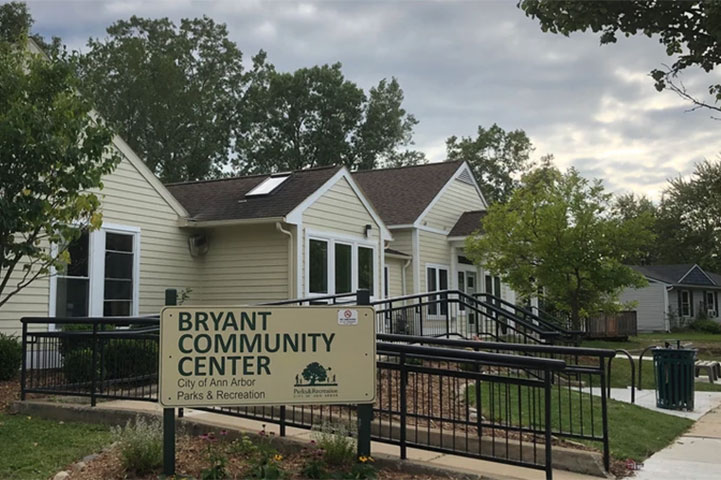Advancing Just and Equitable Decarbonization by Quantifying Future Residential Electricity Demand and Household Energy Burdens under Decarbonization Pathways and Climate Change
Advancing Just and Equitable Decarbonization by Quantifying Future Residential Electricity Demand and Household Energy Burdens under Decarbonization Pathways and Climate Change
Advancing Just and Equitable Decarbonization by Quantifying Future Residential Electricity Demand and Household Energy Burdens under Decarbonization Pathways and Climate Change
Program: Carbon Neutrality Acceleration Program
Program details » | All Carbon Neutrality Acceleration Program projects »

Photo credit: Community Action Network
“We want to futureproof our power and buildings not just for some people, but for all people.
"We’re focused on generating results and insights relevant to stakeholders and policymakers. Our project blends electric power, buildings, and climate disciplines, making it a perfect fit for the interdisciplinary CNAP grant. While others have worked on decarbonization or climate change impacts, it’s really the intersection of the two that will drive real-world outcomes.”
-Michael Craig, PI, Assistant Professor of Energy Systems and Industrial & Operations Engineering
Project Team
- Michael Craig, School for Environment and Sustainability (PI)
- Parth Vaishnav, School for Environment and Sustainability
- Allison Steiner, Climate and Space Sciences and Engineering
- Missy Stults, City of Ann Arbor
Project Summary
To achieve carbon neutrality, residential energy needs—including for space heating—must be fully electrified. How electrification will affect the shape, peak, and total consumption of electricity in residences will be affected by our changing climate. As temperatures rise, people will need less electricity to heat their homes in the winter, but more electricity for summer cooling. Already, roughly 10% of U.S. households spend more than 10% of their monthly income on energy. If demand and prices spike due to electrification and climate change, the burden will be too much for too many to bear.
To help guide future policy and technology toward equity, this project team will create a first-of-its-kind framework for analyzing decarbonization strategies and energy burdens that couples large climate ensembles with innovations in power and building modeling. The researchers will apply this framework to the contiguous United States and to Ann Arbor’s Bryant neighborhood, where 75% of residents are considered low-income. They will generate broad and textured insights into how decarbonization strategies will interact with climate change to drive future residential electricity demand, decarbonization success, and household energy burdens.
The team expects their findings to guide the City of Ann Arbor in its efforts to decarbonize and alleviate energy burdens in the Bryant neighborhood. Nationally, their findings will illuminate changes needed to futureproof federal programs aimed at reducing energy burdens. By better characterizing future energy burdens, the research will influence residential investments by municipalities and community groups, and could also inform investments in low-carbon technologies that are compatible with climate change and widespread residential decarbonization.